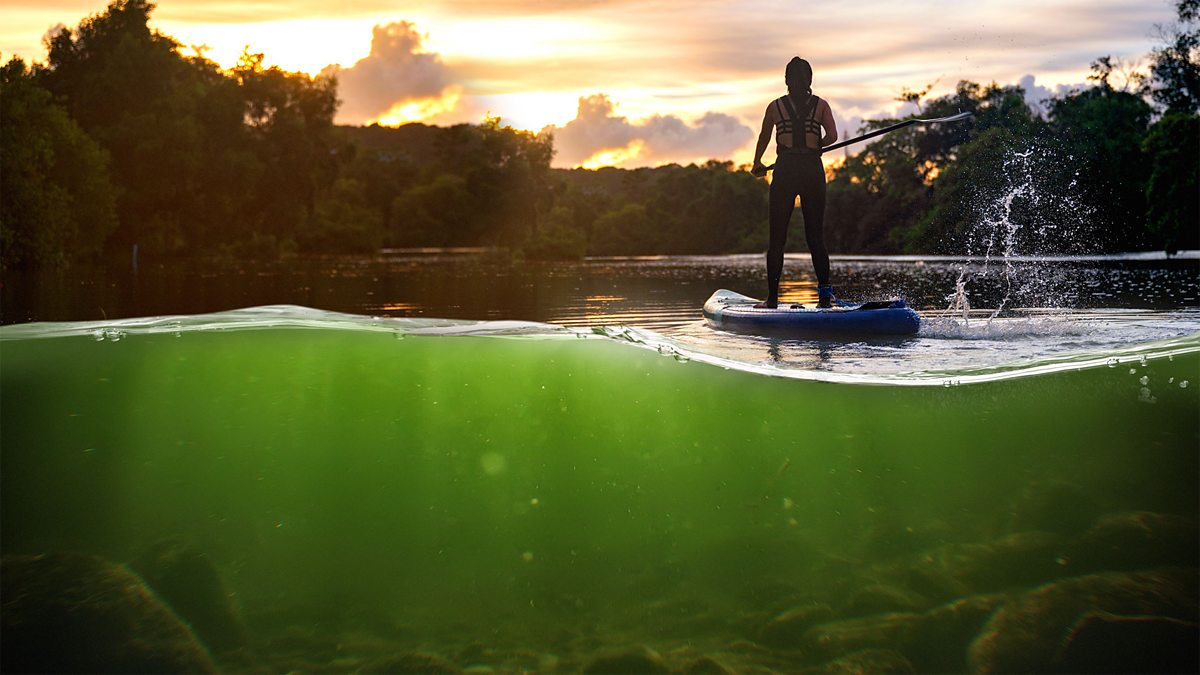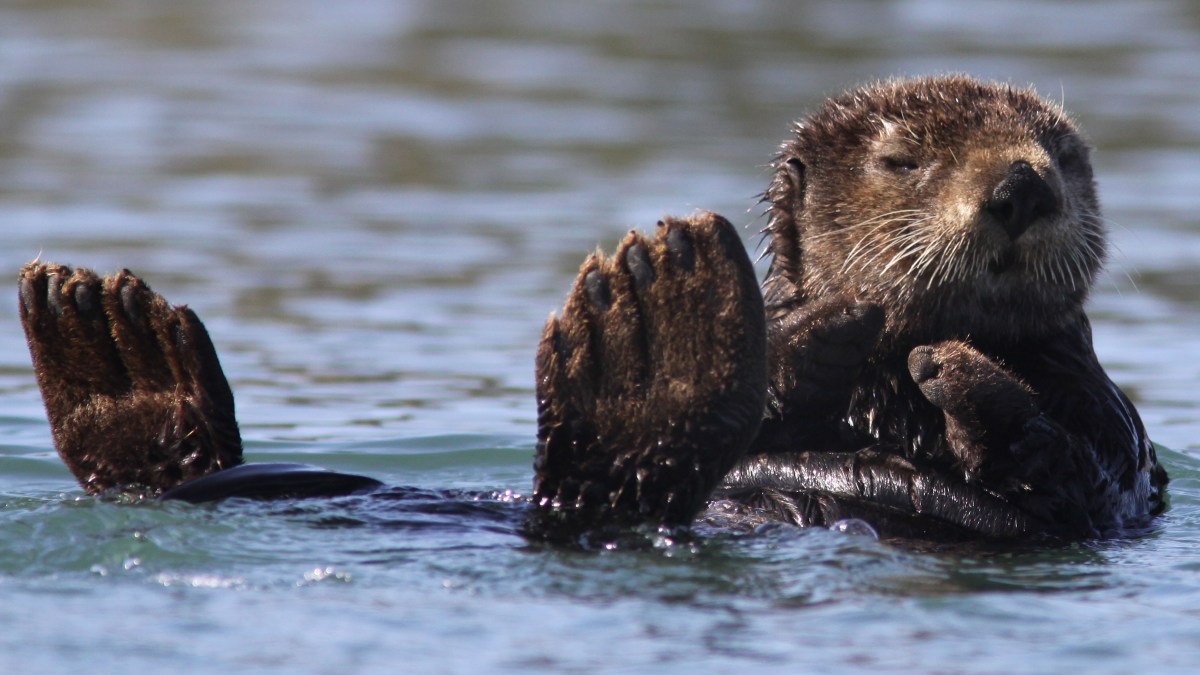Neil Blood
Senior Member & Supporter
There was a half hour feature on the BBC News 24 channel earlier covering the River Wye and issues with Poultry Farming. I’ve checked on iPlayer, but it’s not listed unfortunately. Worth a watch if it’s repeated and I took a few things from it.
- Mark Drakeford, the Welsh First Minister, did his usual trick of sitting on the fence. I guess if he admits there is a problem, the Welsh Assembly will need to give NRW some proper funding! Probably also doesn’t want to upset the farming community!
- John Mercer of the Welsh NFU, gave his usual denial and stated that there’s lots of other issues facing the River Wye, but yet again he fails to state what they are. I have a real dislike for this organisation, they love to tell us that farmers are the guardians of the Welsh countryside, but it’s utter bollocks and I’m sure they see environmental issues as ‘green crap’. They even objected to initiatives to save breeding Welsh Curlews on farmland, stating that the priority had to be food production ( sorry I’ve digressed there)

- There was a really great feature on how Scotland have turned round the fortunes of the River Ayr. Here the Scottish Environment Protection Agency (SEPA) have worked closely with farmers. They have 6 full time officers, plus support staff, whose job it is to check how farmers manage slurry storage and use. They have 99% compliance
 Compare this to Wales, where no one monitors and enforces the rules!
Compare this to Wales, where no one monitors and enforces the rules!
Last edited:


